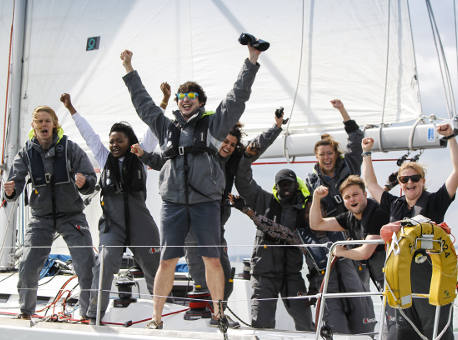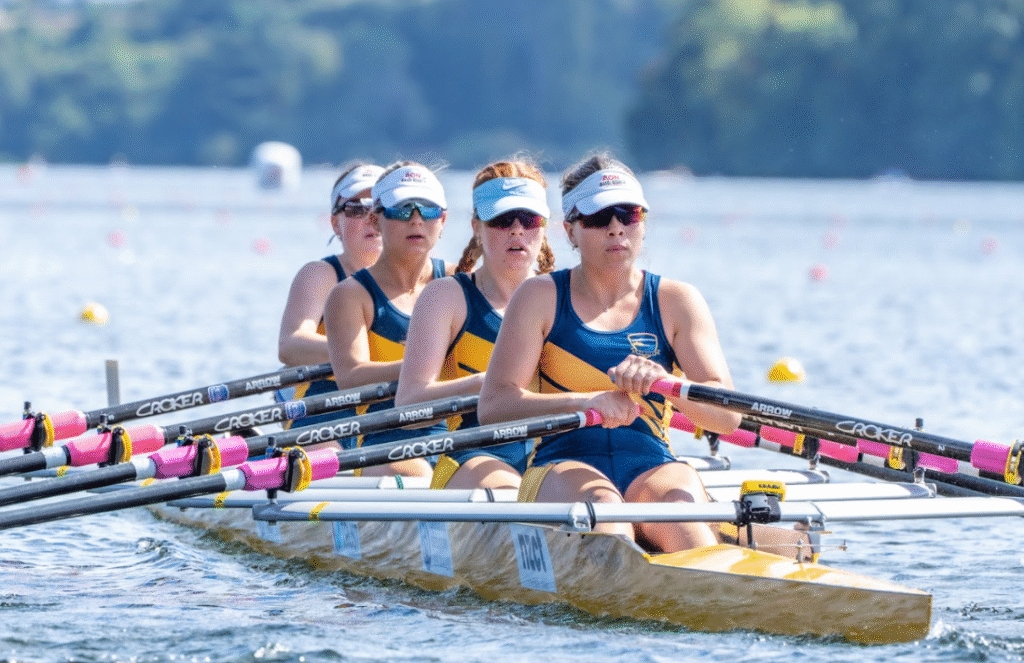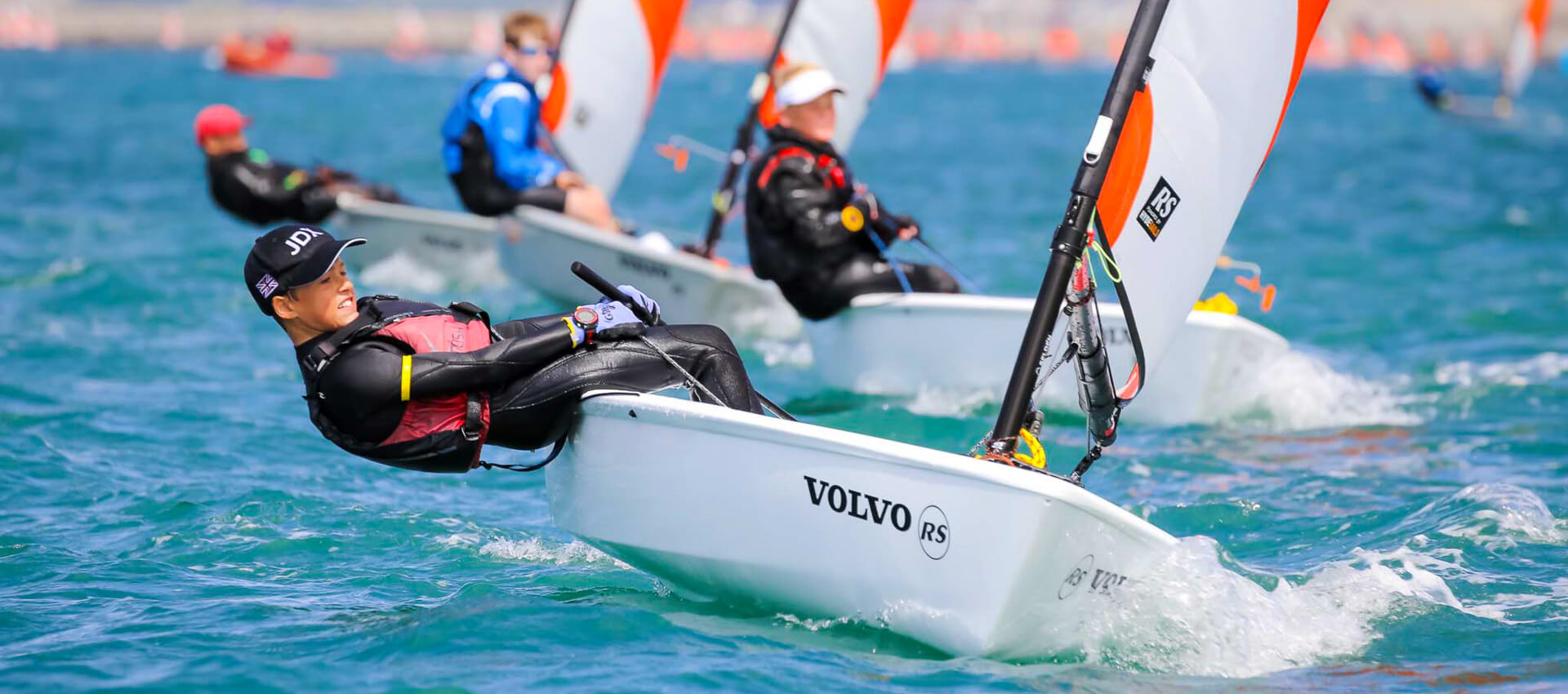A regatta is a series of boat races that bring together rowers, sailors, and spectators to celebrate the beauty of water sports. These events take place on rivers, lakes, and oceans, and people come from all over the world to take part. The word “regata” was first used in Italy to describe traditional Venetian boat races that date back hundreds of years. Regattas, which began as regional competitions, have grown into international events that highlight the skill, unity, and determination of competitors.
Nowadays, a regatta is more than just a race. It is a tribute to community, craftsmanship, and tradition. Whether it’s a small-town river race or a major international sailing tournament, a regatta brings people together. The excitement, teamwork, and cross-cultural interaction make it an experience that everyone who takes part remembers.
The history of the Regatta
The earliest maritime societies used races to assess the strength and coordination of their sailors, which is where regattas originated. Sea-honoring festivals or celebrations occasionally included early regattas. In Venice, considered the birthplace of contemporary regatta racing, gondoliers engaged in colorful competitions around the canals, attracting large crowds of spectators. These competitions were not only athletic but also symbolic of the city’s power and connection to the sea.
As time passed, the concept of regatta spread throughout Europe and beyond. By the 19th century, regattas were well-liked in England and other coastal nations. Because of occasions like the Henley Royal boat racing developed into a prestigious and organized sport. Over time, a wide range of boats began to compete in regattas, including yachts, motorboats, and kayaks. Regatta’s long history has made it a global tradition that is still evolving.
Types of Regatta Competitions
Each type of regatta has its own rules and challenges. The most common type is fleet racing, in which multiple boats compete simultaneously along a predefined course. Navigation, speed, and teamwork are all put to the test as each participant must respond quickly to wind and sea conditions. Another popular type is match racing, in which two boats compete against each other in a test of skill and strategy.
Two other common forms of regatta competition are offshore racing and team racing. As several boats compete to earn points for their team, team racing promotes cooperation and teamwork. Long-distance offshore races require endurance, navigational expertise, and weather-related exposure. Each type of regatta assesses a different aspect of sailing, ensuring that participants of all skill levels can find a class that suits them.
The Reasons Why Regatta Events Are So Popular
Regatta activities are popular because they combine athletic competition, social celebration, and scenic beauty. Participants enjoy the challenge of honing their boats while onlookers enjoy the sight of colorful sails gliding across the lake. Because of the excitement of the races, the need for teamwork, and the festive atmosphere, every regatta is one to remember.
In addition to the thrill of competition, regattas are often social events. They increase tourism, raise environmental awareness of waterways, and provide economic benefits to host cities. Many sailing groups and families see regattas as opportunities to connect, learn, and celebrate shared passions. This unique blend of sport and culture preserves the regatta’s spirit each year.

The Organization of Regattas
Organizing a regatta requires meticulous preparation and coordination. The race committee makes decisions about the rules of the competition, safety measures, and course layout. Clear communication is essential because each race involves multiple teams and safety personnel. Weather monitoring, equipment inspections, and emergency preparedness are also crucial steps in the process.
Successful regattas require significant community support and sponsorship in addition to logistics. Local businesses usually donate money or materials, and volunteers help with timing, scoring, and hospitality. Thanks to careful preparation and passionate participation, every regatta runs smoothly and safely, giving everyone a rewarding experience.

Challenges in Regatta Contests
Regattas are exciting, but they also present challenges. The weather is one of the most unpredictable factors because changes in the wind or waves can significantly affect the outcome. Safety is another major concern, especially in long-distance races where conditions can change quickly. Organizers must be prepared for emergencies at all times, and safety boats must always be available.
Due to the expense of equipment, travel, and maintenance, regatta participation can also be expensive. Many clubs attempt to make events more accessible through sponsorships or community programs. Despite these challenges, the rewards of achievement, cooperation, and skill development make regatta participation worthwhile for many sailors.
The Significance of Regatta in Culture and Tourism
Activities related to regattas have cultural and social significance in addition to racing. They respect maritime heritage and preserve age-old sailing techniques. Tourists from all over the world attend the annual regattas that are held in various locations. These festivals, which often include food, music, and cultural activities, turn the race into a larger celebration.
The tourism industry also benefits greatly from regattas. Coastal towns and lakeside communities see a spike in revenue during these events as visitors book lodging, dine at local restaurants, and participate in local celebrations. This economic boost supports local economies and promotes respect for the environment and maritime customs.
The Impact of Sustainability on the Environment
In recent years, regatta events have paid more attention to sustainability. Both competitors and organizers are realizing more and more how important it is to protect the waters on which they compete. Eco-friendly products are being promoted, waste is being reduced, and single-use plastics are being phased out. Some regattas even work with environmental organizations to promote river and ocean conservation.
The classroom is another setting where the sustainability theme is prevalent. Schools and sailing organizations frequently use regatta activities to teach youth the importance of maintaining clean waterways and the safety of marine life. As a result of this consciousness, the spirit of the regatta will endure without threatening the ecosystems that support it.
The Regatta Brand
Regatta is another well-known brand of outdoor clothing and equipment. The company produces coats for different weather conditions, shoes, tents, and trekking equipment. Regatta’s focus on comfort and affordability has made it a favorite among outdoor enthusiasts who value high-quality gear that performs well in a range of environments.
The brand’s success can be attributed to its commitment to combining style and functionality. Regatta clothing is designed for adventure, whether on land or at sea. Its dedication to innovation, durability, and environmental responsibility reflects the same attributes found in traditional events: strength, endurance, and respect for the environment.
How to Take Part in a Regatta
It’s easier than most people think to participate in a regatta. Joining a local sailing or rowing club is a great place to start. These groups usually offer training sessions and opportunities for beginners to learn the basics of sailing and racing. Volunteering at local events is another way to meet other fans and gain experience.
If you would rather watch than participate in it a it can be just as exciting to be a spectator. The festive mood and the sight of colorful boats racing across the river make it the perfect day out. Participating in regattas, whether as a competitor or spectator, offers a sense of inclusion in a vibrant and important community.
Conclusion
A regatta is the perfect combination of sport, culture, and community. It celebrates human ability, teamwork, and the long-standing connection between people and the water. Whether they are modern yacht competitions held all over the world or traditional gondola races in Venice, regattas blend history, excitement, and craftsmanship into one amazing event.
Whether viewed as a thrilling sporting event, a cultural celebration, or a representation of adventure through the Regatta brand, the spirit never ceases to inspire. It acts as a reminder of the power of nature, the importance of sustainability, and the joy of coming together to pursue greatness. In all its forms, it remains a proud tradition that brings together sailors and spectators from around the globe.
See Also:https://eromecoms.com/wp-admin/post.php?post=606&action=edit
FAQs

Musa Khan is a tech and business writer with 5+ years of experience covering the latest in technology, digital trends, and industry insights. He shares clear, helpful information to make complex topics easy for readers.
